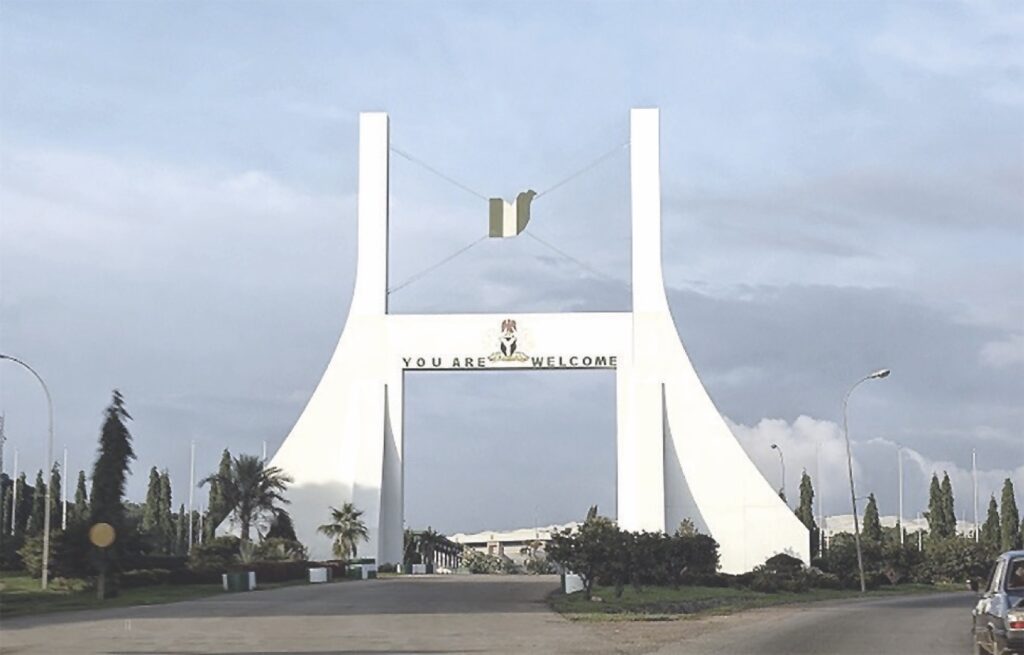Thirty-four foreign embassies in Abuja are now facing the risk of closure today after reportedly failing to pay ground rent for 11 years, a total debt of ₦3.662 million since 2014.
This enforcement follows FCT Minister Nyesom Wike’s May 26 directive to target properties, totalling 4,794 in default, for revocation and sealing, although a 14-day grace period declared by President Tinubu expired on Monday.
What is ground rent
Ground rent is money that property owners must pay the government for using land.
Embassies named as defaulters
The Director of Lands at the FCTA, Chijioke Nwankwoeze, stated that defaulters would be required to pay penalty fees of N2 million and N3 million, depending on their location.
The embassies listed by the FCTA director include: Ghana High Commission Defence Section, Embassy of Thailand, Embassy of Côte d’Ivoire, Embassy of the Russian Federation, Embassy of the Philippines, Royal Netherlands Embassy, Embassy of Turkey, and the Embassy of the Republic of Guinea, Embassies of Ireland, Uganda, Iraq, Zambia High Commission, Tanzania High Commission, German Embassy, Embassy of the Democratic Republic of Congo,.
Others include the Embassy of the Bolivarian Republic of Venezuela, the Embassy of the Republic of Korea, and the High Commission of Trinidad and Tobago.
The list also has Embassy of Egypt, Embassy of Chad, Sierra Leone Commission, High Commission of India, Embassy of Sudan, Embassy of Niger Republic, and Kenya High Commission, Embassies of Zimbabwe, Ethiopia, and Indonesia (Defence Attaché).
Delegation of the European Union, Embassy of Switzerland, Royal Embassy of Saudi Arabia, China’s Economic and Commercial Counsellor’s Office, South African High Commission, and the Government of Equatorial Guinea.
Diplomatic denials
Several embassies have denied any debt. Russia insisted it “pays all rent bills … in good faith and on time” and holds proof of payment. Turkey said it has not received a formal notice and will investigate “a possible bureaucratic mistake.”
Germany confirmed it hasn’t received any claim and asserts all dues were settled by end-2024, pledging transparency, while Ghana noted it had not been officially contacted but will consult the Ministry of Foreign Affairs.
Falana speaks on the closure of embassies
Human rights lawyer Femi Falana (SAN) strongly cautioned against such enforcement, citing the Vienna Convention’s Article 22 on inviolability of diplomatic premises.
“Embassies and missions cannot be invaded because they have not paid ground rent, which is not applicable for all of them,” he told Channels TV. He further emphasised that any property sealing must respect due process under Section 36 of the Nigerian Constitution and Article 7 of the African Charter.
Falana called on the Ministers of Foreign Affairs and Justice to intervene, noting that domestic tribunals, not executive decree, must be used to recover debts.
He warned, “If we embark on invading the embassy of any country, it’s going to lead to serious diplomatic problems for Nigeria. So, it is not allowed.”



